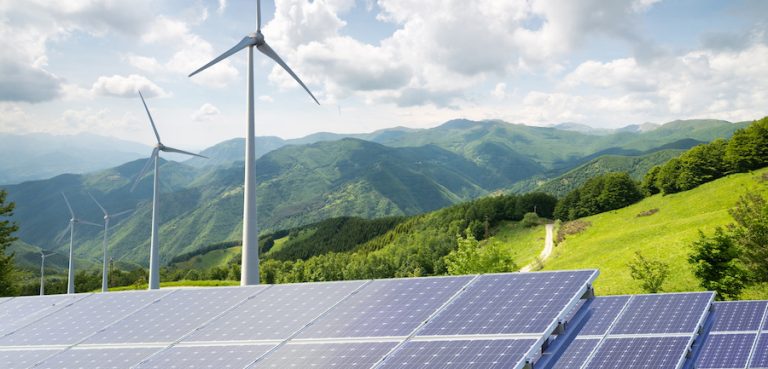
A plan by the clean energy company Xlinks to power the UK with renewable electricity from Morocco has been rejected by the government. The £22–24 billion project, backed by major investors and designed to bring consistent renewable power to British homes, will not receive official support. This is despite Xlinks’ claim that it will reduce power costs, cut emissions and strengthen energy security.
But what is this plan? Why has it been turned down by the powers that be? In this article, we’ll tell you more about it.
The Xlinks proposal – and why it mattered
The Xlinks Morocco-UK Power Project was set to deliver clean electricity from the Moroccan desert to North Devon via a 4,000-kilometre subsea cable. The energy would be generated by a vast network of 7.5GW of solar panels, 4GW of onshore wind turbines and 5GW/22GWh of battery storage spread across 1,500 square miles of land in the Tan-Tan region.
The system was designed to operate at 94% capacity between 7 am and 11 pm, thanks to Morocco’s favourable weather and the balance of solar, wind, and storage. According to Xlinks’ CEO, it would also be able to deliver power during any four-hour window with just four hours’ notice, providing much-needed flexibility to the UK grid.
To fund the project, Xlinks proposed a 25-year Contract for Difference with a strike price of £70–80 per MWh (in 2012 prices). No upfront investment from the UK government would be required, as Xlinks had already invested over £100 million and secured backing from Octopus Energy, GE Vernova, and Total Energies.
Why the government said no
Despite extensive engagement between Xlinks and the Department for Energy Security and Net Zero, the government decided not to proceed. In a written statement, the Energy Minister acknowledged the project’s ambition, but also highlighted its complexity and associated risks. After all, this would be the first project of its type.
In its report, the government concluded that the proposal does not align with its national strategy to increase energy capacity within the UK. It believes that domestic options offer more substantial economic returns, with better prospects for job creation and supply chain development.
The decision was met with frustration from Xlinks’ leadership. Xlinks Chair Sir Dave Lewis said the company was ‘hugely surprised and bitterly disappointed’ by the rejection. He pointed to the potential for the project to lower the UK’s wholesale electricity prices, which are currently among the highest in Europe.
Lewis argued that the Morocco-UK link would help address periods of low domestic renewable generation, known as ‘dunkelflaute’. Unlike nuclear projects, the cable could deliver large-scale clean power at a lower cost and reach the grid sooner.
What’s next?
Xlinks believed it had a solution that could deliver consistent, affordable, low-carbon electricity to the UK without requiring taxpayer funding. With major investors on board and development well underway, the company had strong foundations in place. But the government’s priorities lie closer to home. For ministers, the risks of relying on an overseas provider outweighed the benefits of scale, speed and price.
The rejection doesn’t mean the project is dead. Xlinks has made it clear that it will continue pursuing alternative routes to bring the Morocco-UK Power Project to life. Whether or not that includes the UK as a customer remains to be seen.
